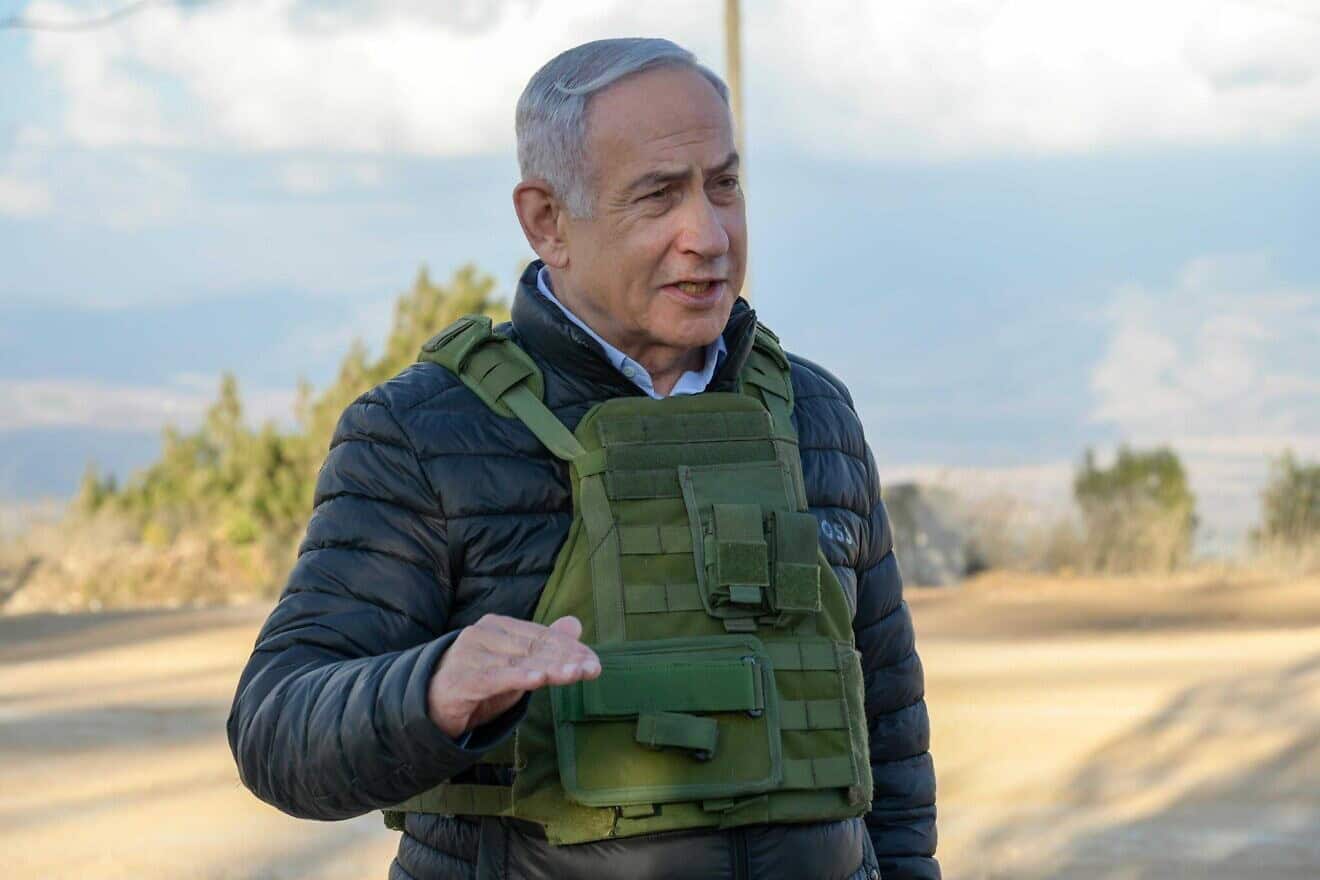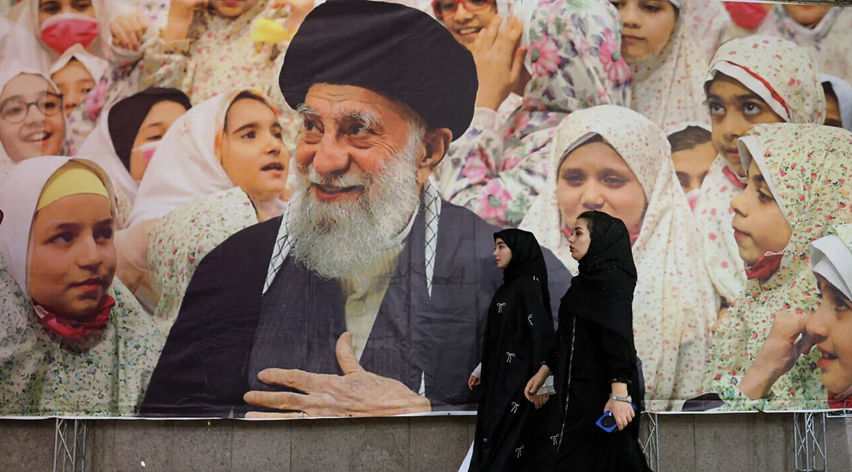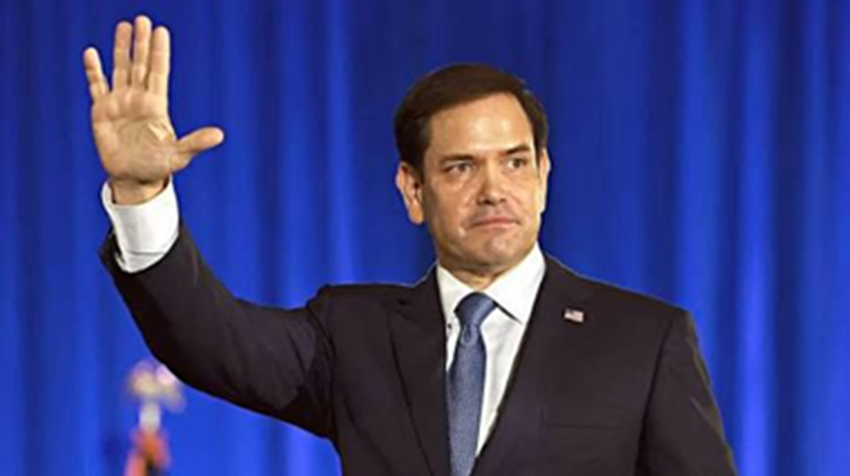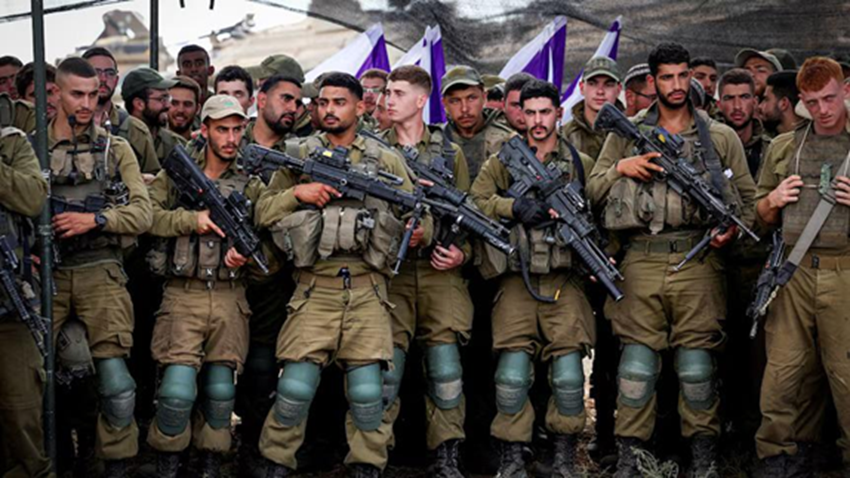Prime Minister Benjamin Netanyahu during a visit to the border with Lebanon, Nov. 3, 2024. Photo by Maayan Toaf/GPO.
Israel Prime Minister Netanyahu, visiting the Syrian border on Sunday, hailed the collapse of the Assad regime, “a central link in Iran’s axis of evil,” describing it as a “historic day in the history of the Middle East.”
Netanyahu said the fall of Syrian President Bashar Assad, who fled the country after a coalition of rebel groups stormed Damascus on Sunday, was the direct result of blows Israel inflicted on Iran and Hezbollah, “the main supporters of the Assad regime.”
U.S. National Security Advisor Jake Sullivan confirmed to reporters on Saturday that Assad had been largely abandoned by his key allies.
A rebel spokesman declared, in a statement carried on state television: “Damascus has been liberated, and the tyrant Bashar Assad has been overthrown,” adding that “prisoners in regime prisons have been released.”
Netanyahu said the regime’s collapse “has created a chain reaction throughout the Middle East of all those who want to break free from this regime of oppression and tyranny.” It offers opportunities for Israel, he added.
However, he said Israel would first and foremost protect its border. “This area was controlled for nearly 50 years by a buffer zone,” he noted, while visiting Mount Bental, a dormant volcano on the northeastern Golan Heights.
“I instructed the IDF yesterday to take over the buffer zone and the adjacent control positions. We will not allow any hostile force to establish itself on our borders,” Netanyahu said.
Israeli troops deployed to the demilitarized buffer zone and “several other places necessary for its defense,” the IDF said on Sunday.
The army said the move, which followed a situational assessment, was taken to avoid a scenario of “armed personnel” entering the buffer zone, which was established by the 1974 Disengagement of Forces Agreement between Damascus and Jerusalem and ended the 1973 Yom Kippur War.
Accompanying the prime minister was Defense Minister Israel Katz and the head of the Golan Regional Council, Uri Kellner.
The prime minister spoke of pursuing a policy of “good neighborliness,” noting that Israel established a field hospital to treat thousands of Syrians wounded during the civil war.
Israel extends a “hand of peace” first of all to Druze living across the border in Syria, Netanyahu said, noting they are the brothers of Druze living in Israel.
Source: JNS



































